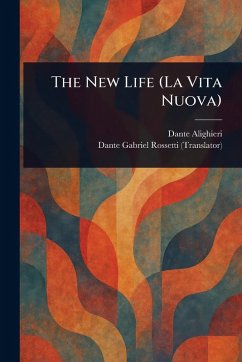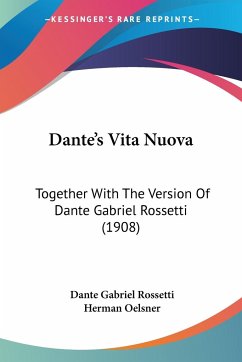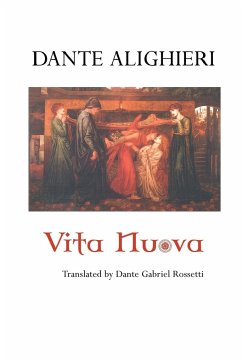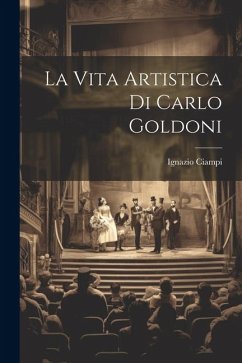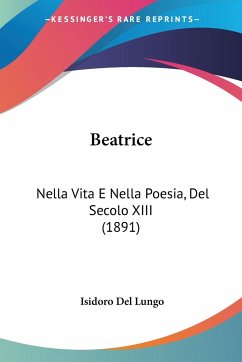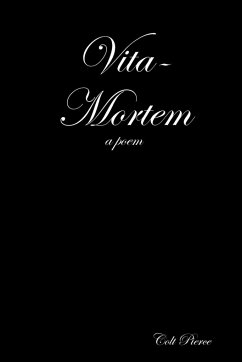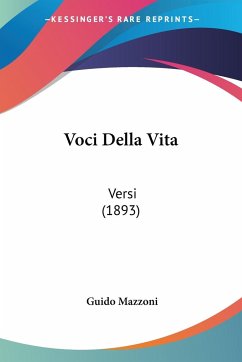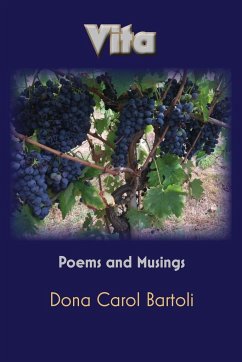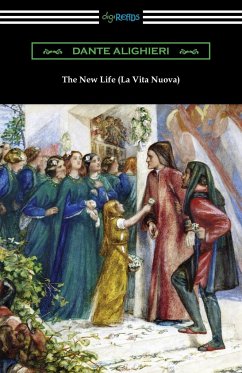
The New Life (La Vita Nuova)
Versandkostenfrei!
Versandfertig in 1-2 Wochen
12,99 €
inkl. MwSt.

PAYBACK Punkte
6 °P sammeln!
"The New Life" or "La Vita Nuova" is the first of two collections of verse and prose written by the Italian poet, Dante Alighieri. Since the Middle Ages, Dante has been cherished as the "Supreme Poet" of Italy, and is most widely recognized for his allegorical masterpiece "The Divine Comedy". "The New Life" contains works written over a period of ten years, from before 1283 to roughly 1293, and is the semi-autobiographical account of Dante’s lifelong love for a woman he called Beatrice. It explores the emotions of courtly love, its powerful ability to inspire, and Dante’s affirmations of h...
"The New Life" or "La Vita Nuova" is the first of two collections of verse and prose written by the Italian poet, Dante Alighieri. Since the Middle Ages, Dante has been cherished as the "Supreme Poet" of Italy, and is most widely recognized for his allegorical masterpiece "The Divine Comedy". "The New Life" contains works written over a period of ten years, from before 1283 to roughly 1293, and is the semi-autobiographical account of Dante’s lifelong love for a woman he called Beatrice. It explores the emotions of courtly love, its powerful ability to inspire, and Dante’s affirmations of his own religious convictions. The piece transformed European vernacular poetry, and established the Tuscan dialect in which it is written as the Italian standard. Today it is not only enjoyed for its imaginative and sensitive love story, but also for its exploration of poetry and religious experience, and the overarching connection between them all. This edition is printed on premium acid-free paper.



